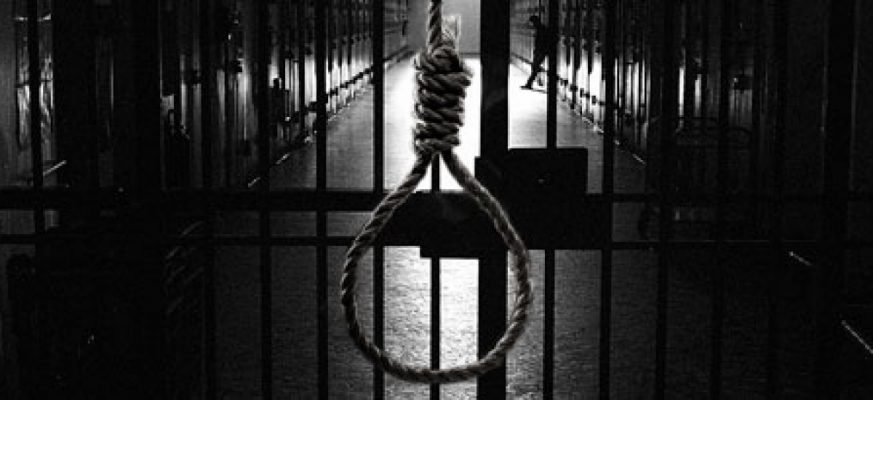BY Abdulbaqi Sulaemon Olawale

The bill titled, “National Drug Law Enforcement Agency Act (Amendment Bill) 2024”, was passed in May 2024 by the Senate, the bill prescribed death penalty for anybody found guilty of consuming and trading hard drugs. The bill was passed after a majority of senators supported it at the Committee of the Whole. This amendment, which is not yet a law, replaces life imprisonment as the punishment.
Some former state governors the have refused to execute more than 3,000 inmates currently on death row in all the correctional centres are also members of the Senate that proposed heavy penalties for drug trafficking, making the death penalty the new maximum sentence through a law amendment.It is difficult for Nigerians to believe that the former governors who refused to sign the death warrant of inmates on death row are proposing the death penalty for drug traffickers.
Nigeria is Africa’s most populous country with more than 200 million people, in recent years has gone from being a transit point for illegal drugs to a full-blown producer, consumer and distributor.Opioid abuse, especially tramadol and cough syrups containing codeine, has been widespread throughout Nigeria, according to the National Agency for Food and Drug Administration and Control, which banned the production and import of codeine cough syrup in 2018. While cannabis is cultivated locally, cocaine, methamphetamine and other narcotics are trafficked through the country alongside opioids to feed a growing addiction problem.
We can understand that some governors refuse to sign death warrants because of humanitarian, political, religious, emotional and ethnic grounds. But whatever may be the cause of the delay in carrying out this executive function is causing congestion that has impacted significantly on the administration of justice. That is aside from the helplessness endured in the roller coaster of emotions for these condemned inmates who have practically been reduced to the status of the living dead.
Statutorily, governors are not bound to sign the warrants for the execution of people on death row. They can exercise their right to exchange such sentences with a lifetime in jail or reduce the jail terms. They can also grant such convicts state pardon, therefore putting a closure to the matter but it is unacceptable for them to leave inmates perpetually on death row.
The obligation of the governors is specifically stated in Section 212 of the 1999 Constitution as well as Section 221 of the Penal Code and Section 319 of the Criminal Code. All this prescribes capital punishment for murder while sections 37 and 38 of the Criminal Code prescribe the same punishment for treasonable felony. Of course there is a global campaign against capital punishment, but it is still applicable in Nigeria. The majority of these death row inmates are in solitary confinement having been convicted for offences such as murder, treason, and armed robbery. Some states in the country have also enacted capital punishment for those convicted of kidnapping.
Whatever may be the justification, prolonged solitude is a punishment that is detrimental to the psychology of death row inmates. It kills the victims incessantly and unmercifully.
Section 12 (2c) of the new NCS Act which provides that where an inmate on death sentence has exhausted legal procedures for appeal and a period of 10 years has elapsed without execution of the sentence, the chief judge may commute the death sentence to life imprisonment. Which is the right thing to do.
